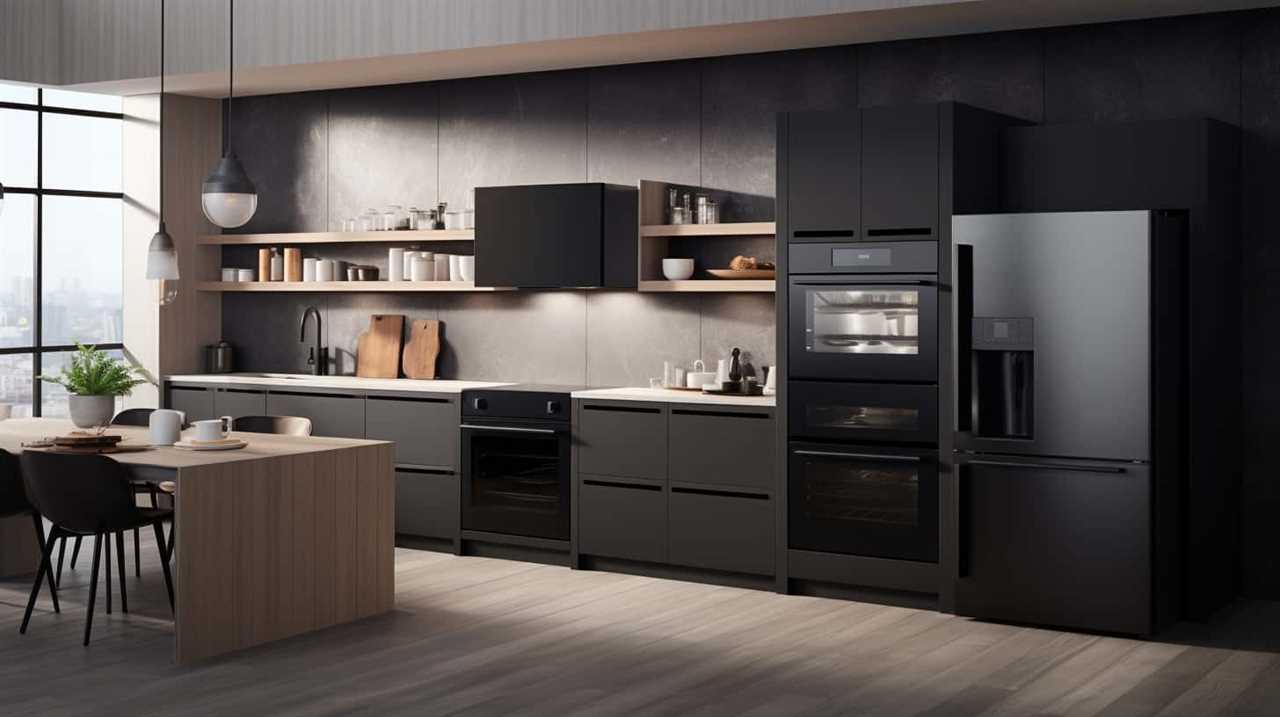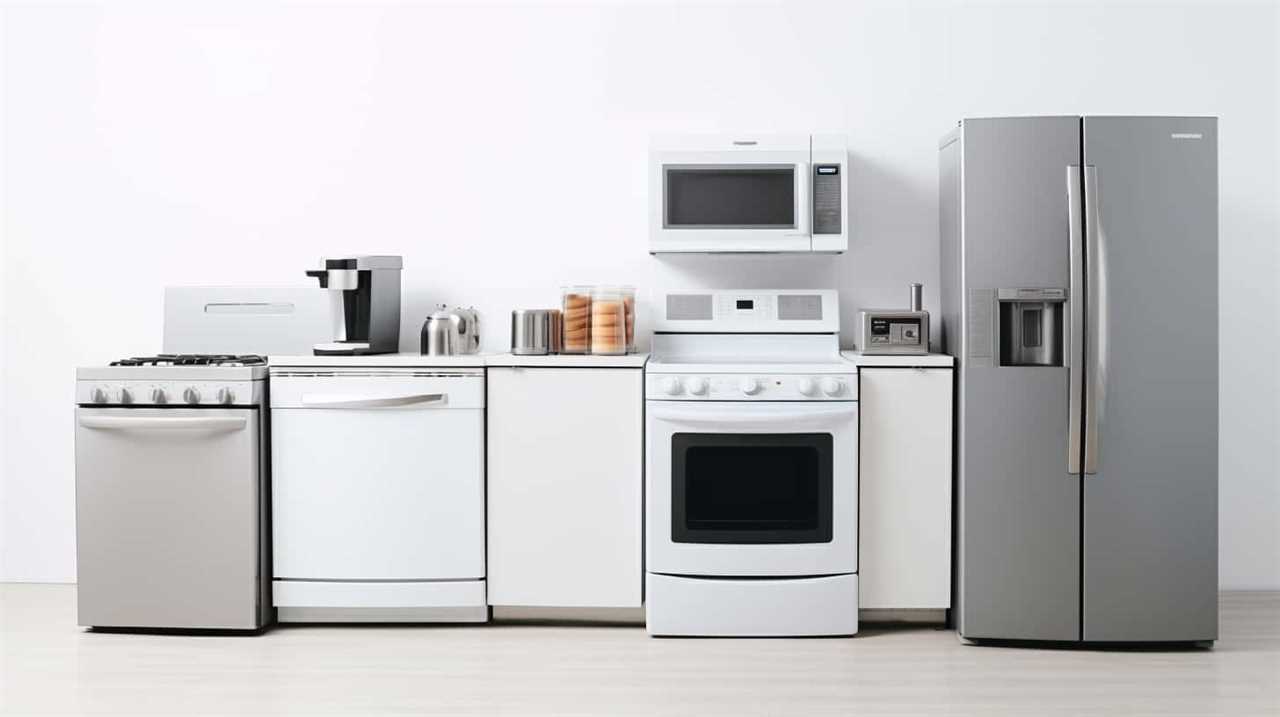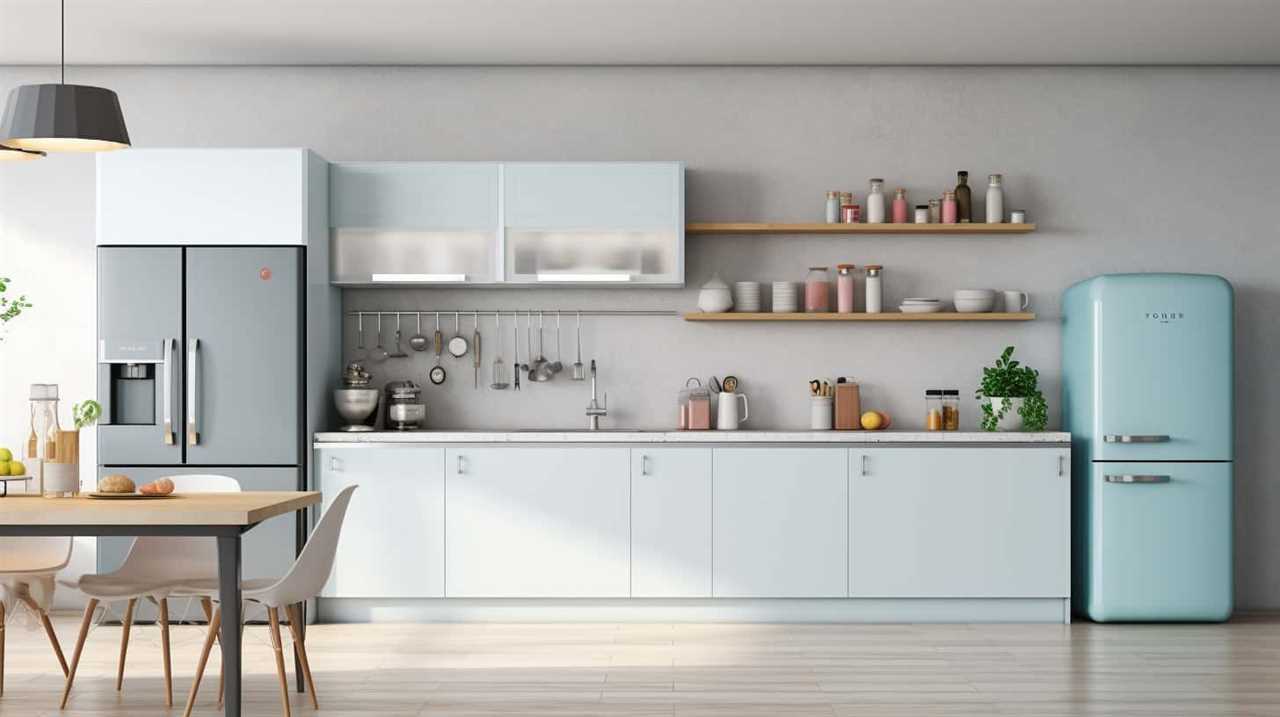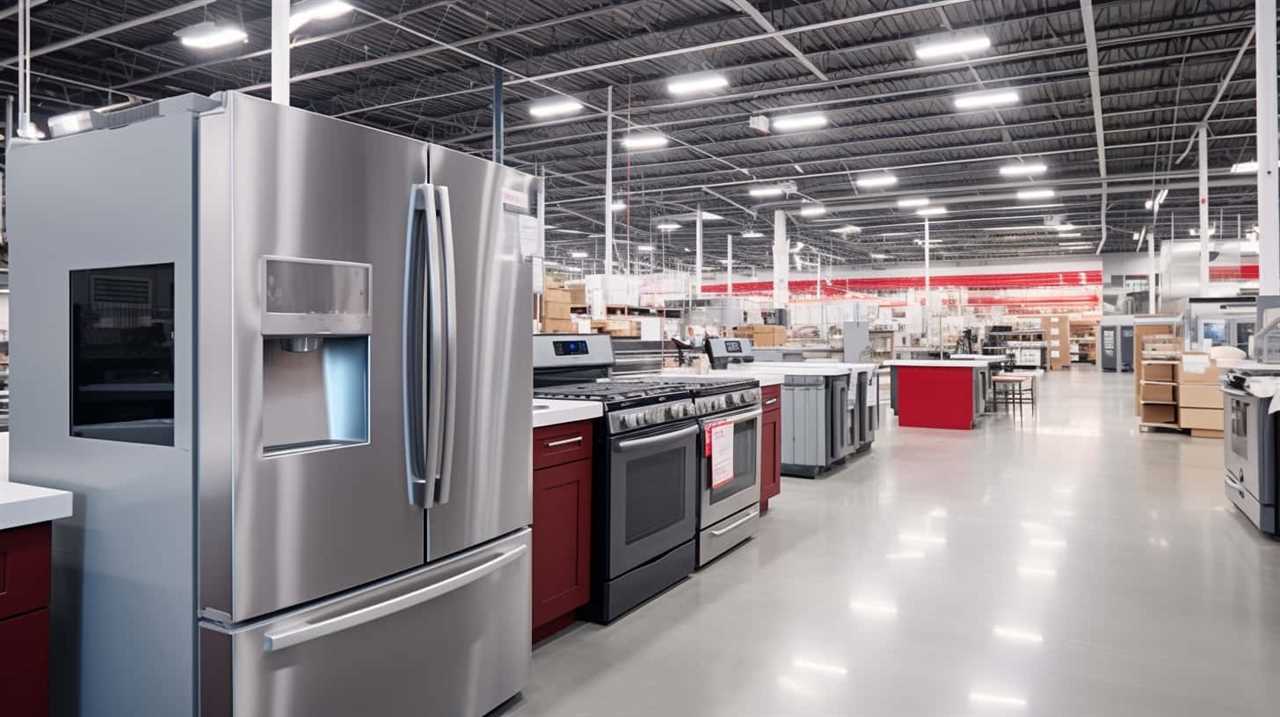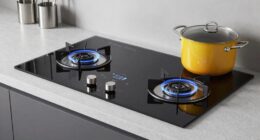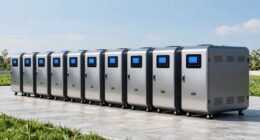
Understanding the voltage requirements is essential for efficient operation and safety when it comes to electrical appliances. Most standard household appliances use 110-120 volts, but there are some that require a higher voltage of 220 volts.
These appliances, often found in specialized settings or industrial environments, demand a more robust power supply to function optimally. Knowledge of which appliances require 220 volts is essential for those seeking mastery in the field of electrical systems.
This article aims to shed light on the diverse range of appliances that rely on this higher voltage, encompassing kitchen appliances, laundry machines, HVAC systems, water heaters, electric vehicle chargers, welding equipment, power tools, and industrial machinery.
By comprehending the unique voltage requirements of these appliances, individuals can ensure their safe and efficient utilization.
Key Takeaways
- Kitchen appliances that use 220 volts offer faster heating and cooking times, allowing for more efficient food preparation.
- Laundry machines, including washers and dryers, commonly operate on 220 volts to ensure proper functioning and avoid damage.
- HVAC systems should be energy-efficient and regularly maintained to minimize energy consumption and provide optimal heating or cooling.
- Other appliances such as water heaters, electric vehicle chargers, welding equipment, power tools, and industrial machinery also operate on 220 volts for efficient and reliable performance.
Kitchen Appliances
Kitchen appliances that require 220 volts are commonly found in homes and are essential for efficient cooking and food preparation. When it comes to kitchen appliance safety, using 220 volts provides several benefits.
Firstly, it allows for faster heating and cooking times, ensuring that meals are prepared quickly and efficiently. This is particularly important in professional kitchens or households with large families.
Additionally, kitchen appliances that use 220 volts are often more powerful, allowing for better performance and more precise temperature control. This is crucial for achieving optimal cooking results.
Furthermore, using 220 volts can help reduce energy consumption, as these appliances are designed to operate more efficiently.

Laundry Machines
Laundry machines, including washers and dryers, are commonly powered by 220 volts. These appliances require a higher voltage to operate efficiently, especially when dealing with heavy loads of laundry.
It is important to ensure that the power requirements of the laundry machines match the electrical outlet compatibility in order to avoid any damage or safety hazards.
Washer Vs. Dryer
When comparing washer and dryer options, it is important to consider their electrical requirements.
Both washers and dryers typically require a 220-volt electrical outlet for proper operation.
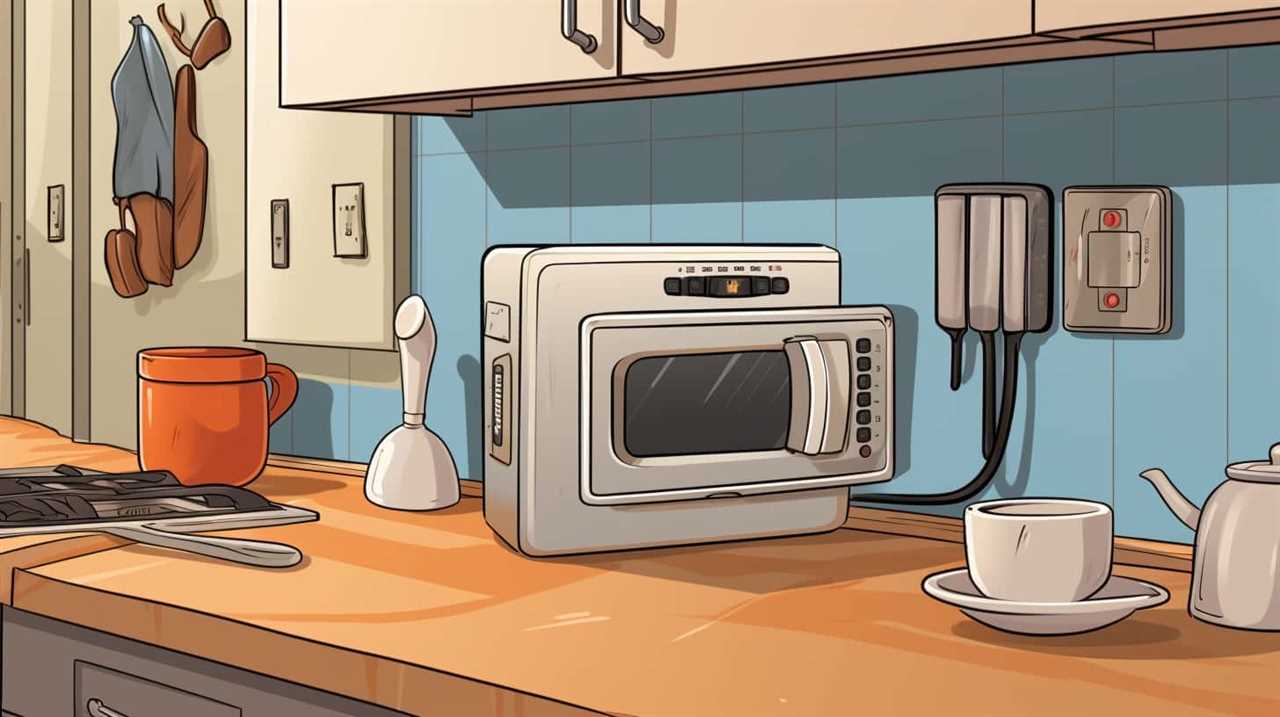
While washers primarily focus on cleaning clothes, dryers are responsible for drying them efficiently and with care.
In terms of drying efficiency, dryers have the upper hand as they utilize various heat settings and advanced drying technologies to remove moisture from clothes quickly.
On the other hand, washers prioritize fabric care by offering different wash cycles and temperature options to suit different types of fabrics.
Ultimately, the choice between a washer and dryer depends on individual needs and preferences.

It is essential to understand the electrical requirements and features of each appliance to make an informed decision.
Power Requirements
Laundry machines, including washers and dryers, have specific power requirements that must be met for proper operation. These machines typically require a higher voltage, such as 220 volts, to handle the power consumption needed for their heavy-duty functions. This higher voltage allows for faster and more efficient washing and drying cycles.
It is important to ensure that the electrical supply in your home or facility can provide the necessary voltage for these machines. In some cases, voltage converters may be needed to adapt the power supply to meet the specific requirements of the laundry machines. These converters can help regulate the voltage and ensure that the machines operate correctly and safely.
Understanding and meeting the power requirements of laundry machines is crucial for optimal performance and longevity.

Outlet Compatibility
To ensure proper operation of laundry machines, it is important to consider outlet compatibility. When installing outlets for laundry machines, there are a few key points to keep in mind:
- Outlet installation: The outlet needs to be compatible with the voltage and amperage requirements of the laundry machine. It should be installed by a licensed electrician following local electrical codes to ensure safety.
- Voltage converters: In cases where the laundry machine requires a different voltage than the standard household voltage, a voltage converter may be necessary. These devices convert the incoming voltage to match the requirements of the machine. It is crucial to choose a high-quality converter that can handle the power demands of the laundry machine.
HVAC Systems
HVAC systems, or Heating, Ventilation, and Air Conditioning systems, play a crucial role in maintaining comfortable indoor environments.
One important aspect of HVAC systems is energy efficiency, which refers to the ability of the system to provide heating or cooling while minimizing energy consumption.
Additionally, HVAC systems have various applications, ranging from residential buildings to commercial spaces, and can be found in homes, offices, hospitals, and other establishments.
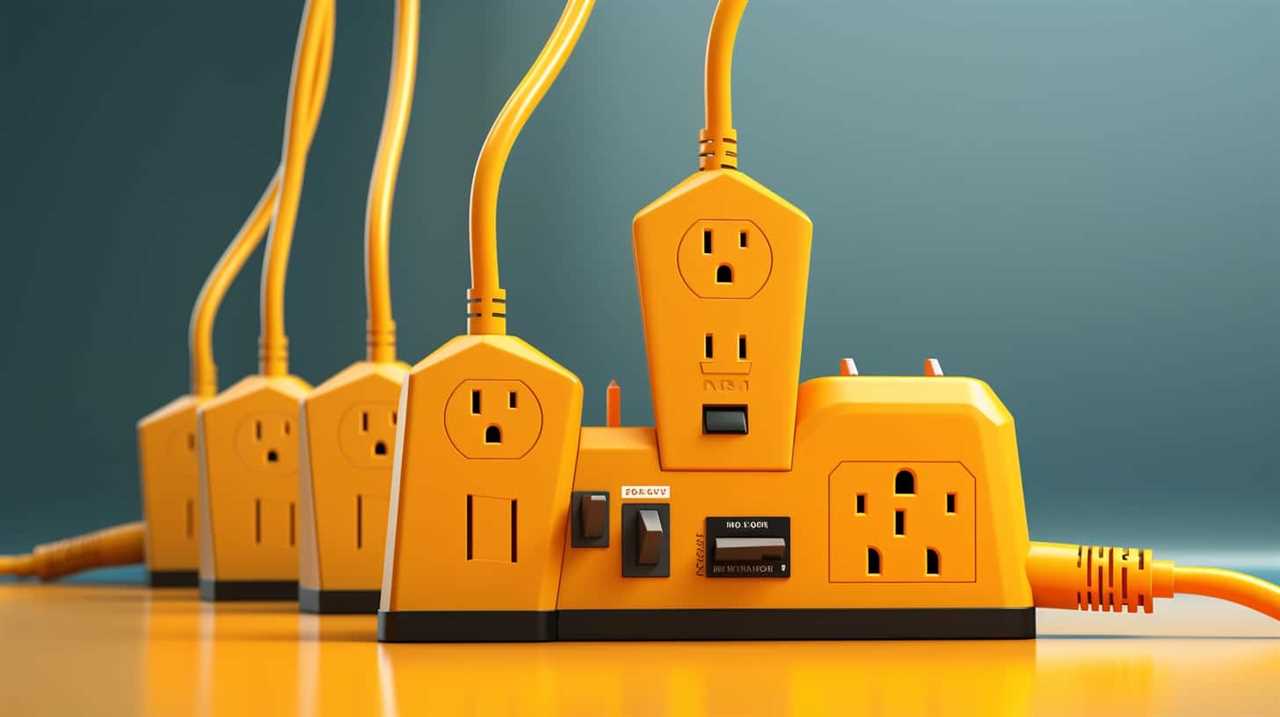
Energy Efficiency of HVAC
Regularly maintaining and optimizing the energy efficiency of HVAC systems is crucial for reducing energy consumption and minimizing environmental impact. When it comes to energy efficiency, there are several factors to consider, including the type and model of the HVAC system, as well as regular maintenance practices.
Here are some HVAC maintenance tips to improve energy efficiency:
- Choose energy efficient HVAC models:
- Look for systems with high SEER (Seasonal Energy Efficiency Ratio) ratings.
- Consider variable-speed compressors and fans for improved efficiency.
- HVAC maintenance tips:
- Clean or replace air filters regularly to ensure proper airflow.
- Schedule professional maintenance to check for leaks, clean coils, and optimize system performance.
Common HVAC Applications
Maintaining and optimizing the energy efficiency of HVAC systems includes common HVAC applications. These applications encompass various heating, ventilation, and air conditioning systems that are commonly found in residential and commercial settings.
To provide a clear overview, let’s take a look at some of the most common HVAC applications:
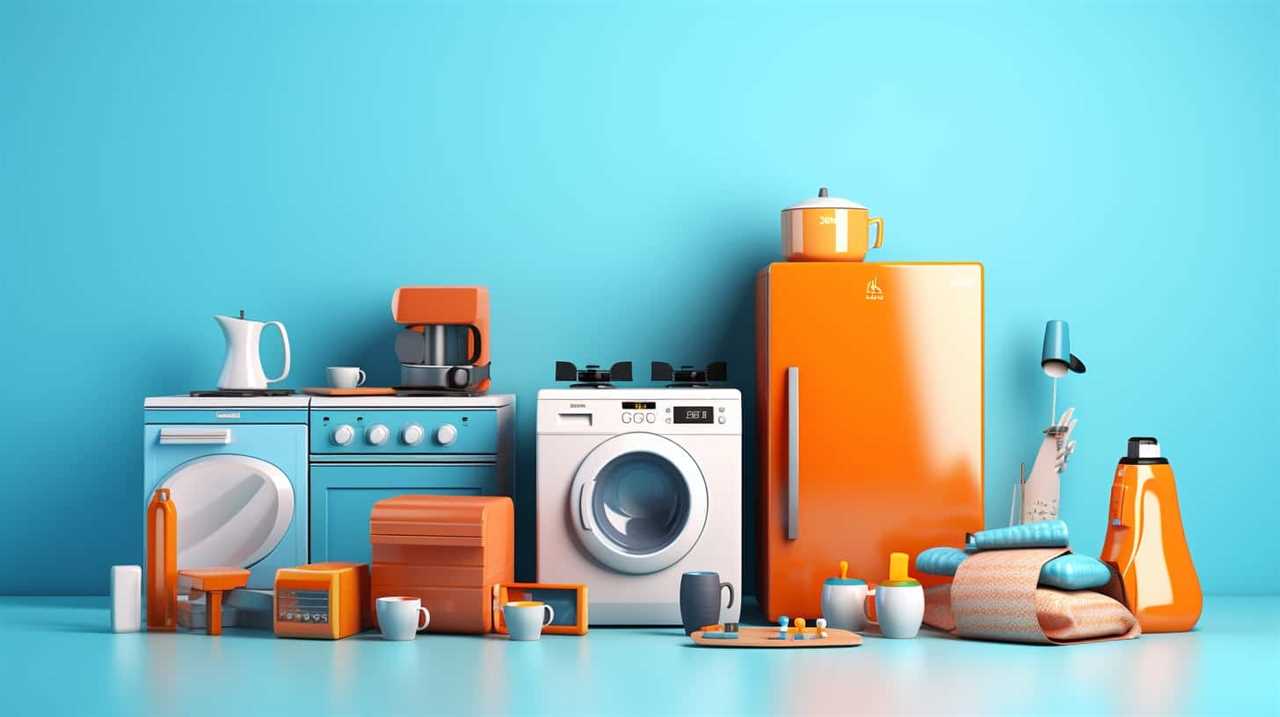
| Application | Description |
|---|---|
| Furnaces | Provide warm air for heating systems. |
| Heat Pumps | Transfer heat between the indoors and outdoors. |
| Air Conditioners | Cool and dehumidify the air in a space. |
| Ventilation Systems | Circulate and refresh indoor air. |
| Thermostats | Control and regulate the temperature of HVAC systems. |
Understanding these common HVAC applications is crucial for homeowners and business owners alike. By familiarizing themselves with these systems, individuals can make informed decisions regarding HVAC installation costs and implement proper HVAC maintenance tips to ensure optimal performance and energy efficiency.
With HVAC systems covered, let’s now transition to the next topic: water heaters.
Water Heaters
Water heaters that operate on 220 volts are commonly found in residential and commercial settings. These water heaters offer several advantages, including efficient energy consumption and lower installation costs compared to their counterparts.
- Energy Consumption:
- Water heaters running on 220 volts tend to consume less energy compared to those operating on lower voltages. This is due to their ability to heat water faster and maintain a constant temperature, resulting in reduced energy wastage.
- The use of advanced heating elements and insulation technology in these water heaters further contributes to their energy efficiency, helping homeowners and businesses save on their utility bills.
- Installation Cost:
- Water heaters that require 220 volts typically have a simpler installation process, resulting in lower installation costs. This is because they have higher power requirements and can be connected directly to the electrical panel, eliminating the need for additional wiring and equipment.
Electric Vehicle Chargers
What advantages do electric vehicle chargers that operate on 220 volts offer?

Electric vehicle infrastructure is rapidly expanding, and as more people switch to electric vehicles, the demand for efficient and fast charging stations is increasing. Charging station technology that operates on 220 volts provides several benefits.
Firstly, it allows for faster charging times compared to lower voltage options. This is crucial for busy individuals who need to charge their vehicles quickly.
Secondly, 220-volt chargers are compatible with most electric vehicles, providing convenience and accessibility to a wider range of users.
Lastly, these chargers are more efficient, minimizing energy losses during the charging process.

As the electric vehicle industry continues to grow, investing in 220-volt charging station technology is a smart choice to meet the demands of electric vehicle owners and contribute to the development of a robust charging infrastructure.
Welding Equipment
One common application for 220-volt power is in welding equipment. Welding is a process that joins materials, usually metals, together by melting and fusing them. It is widely used in various industries, including construction, manufacturing, and automotive.
Here are two sub-topics related to welding equipment:
- Welding Safety:
- Welding involves high temperatures, sparks, and fumes, making safety precautions crucial. Protective gear such as welding helmets, gloves, and aprons are essential to protect against burns and exposure to harmful radiation.
- Proper ventilation is necessary to remove welding fumes that contain toxic gases and metal particles.
- Types of Welding Processes:
- Arc Welding: The most common type, which uses an electric arc to generate heat and melt the metals.
- MIG Welding: Also known as Gas Metal Arc Welding (GMAW), it uses a wire electrode and a shielding gas to protect the weld pool.
Welding equipment plays a vital role in various industries, ensuring the integrity and strength of metal structures.

Moving forward, let’s explore another appliance that utilizes 220 volts: power tools.
Power Tools
Power tools are commonly powered by 220 volts, providing the necessary energy for efficient and effective operation. These tools are essential for various tasks, from construction projects to woodworking. One of the most commonly used power tools is the power drill, which is used for drilling holes and driving screws into different materials. Woodworking tools, such as table saws, miter saws, and routers, also require 220 volts to deliver the power needed for precise and accurate cuts. These tools are designed with safety features and advanced technology to ensure optimal performance and user protection. With the right power supply, power tools can deliver the power and precision required for professional-grade results in a variety of applications.
| Power Tools | Voltage Required |
|---|---|
| Power Drills | 220V |
| Table Saws | 220V |
| Miter Saws | 220V |
| Routers | 220V |
Industrial Machinery
Industrial machinery also relies on 220 volts to power its operations, ensuring efficient and reliable performance in a wide range of industrial applications. This high voltage level is crucial for powering the heavy-duty motors and components that industrial machinery typically requires.
Some key examples of industrial machinery that use 220 volts include:

- Industrial automation systems: These systems utilize 220 volts to control and operate various industrial processes, such as assembly lines, robotic arms, and conveyor belts. The higher voltage allows for faster and more precise movements, enabling increased productivity and efficiency.
- Power generation equipment: Many power generation facilities, such as power plants and substations, rely on industrial machinery powered by 220 volts. This includes generators, turbines, transformers, and other critical equipment that generate and distribute electricity to meet the demands of a wide range of industries.
Frequently Asked Questions
Can a 220-Volt Kitchen Appliance Be Used With a 110-Volt Outlet?
No, a 220-volt kitchen appliance cannot be used with a 110-volt outlet. The voltage requirement of the appliance must match the voltage provided by the outlet for safe and proper operation.
Are There Any Safety Concerns When Using a 220-Volt Water Heater?
Safety concerns may arise when using a 220-volt water heater, as the higher voltage poses a greater risk of electrical shock. However, these concerns can be mitigated by ensuring proper installation and maintenance, and the energy efficiency of such appliances is typically higher.
Can a 220-Volt Electric Vehicle Charger Be Installed in a Standard Residential Garage?
The pros and cons of using a 220-volt electric vehicle charger in a standard residential garage depend on various factors such as the electrical infrastructure, installation requirements, and potential safety concerns.
How Much Power Does a Typical 220-Volt HVAC System Consume Compared to a 110-Volt System?
A typical 220-volt HVAC system consumes more power compared to a 110-volt system. The higher voltage allows for increased efficiency and faster heating or cooling. This makes a 220-volt HVAC system beneficial for larger spaces or areas with high heating or cooling demands.

Are There Any Specific Safety Precautions to Take When Using 220-Volt Welding Equipment?
When using 220-volt welding equipment, it is important to take certain safety precautions. These include wearing protective gear, ensuring proper grounding, and avoiding common mistakes such as overloading the circuit or using faulty equipment.
Conclusion
In conclusion, various appliances and equipment require 220 volts. These include kitchen appliances, laundry machines, HVAC systems, water heaters, electric vehicle chargers, welding equipment, power tools, and industrial machinery.
The use of 220 volts allows for efficient operation and ensures that these appliances can handle the necessary power demands. This higher voltage is necessary for optimal performance and safety.
It is important for individuals to understand which appliances utilize 220 volts. This knowledge enables them to make informed decisions when purchasing and using these devices. By meeting the electrical requirements, individuals can ensure that these appliances perform at their best and operate safely.
